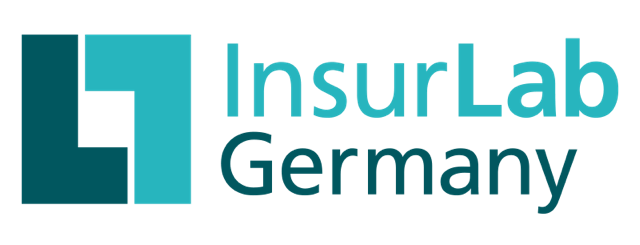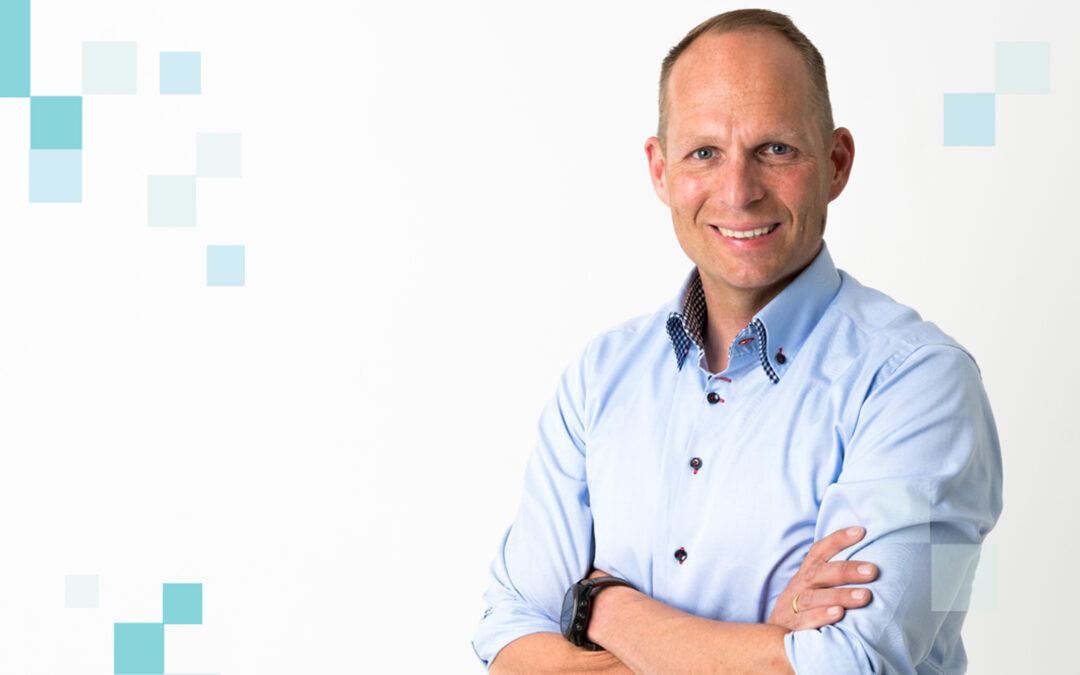Since December 2018, the Neodigital Insurance AG Member of InsurLab Germany. Stephen Voss, founder and board member of Neodigital, talked to us about his past year, his expectations for InsurLab Germany, and the importance of digital ecosystems.
A lot happened at Neodigital in 2018. How would you sum up the year for you?
It was mega! At the end of March, we received the BaFin license after only eight months, so incredibly fast, and on the first weekend in April we went live with all products. The following week, we were able to directly sign up the first brokers and customers for Neodigital inspire. Over the summer, we further expanded the sales connections, so that by the end of the vacation season we had already reached a good 80% of all brokers in Germany. Then there are the major comparators that have been on board since the fall and now, as the icing on the cake, the "Digital Lighthouse Insurance" award and membership of InsurLab Germany. When I look back on it all, I can hardly believe what can happen in a year. What a thing!
How has your day-to-day work changed since BaFin licensing? What opportunities, but also challenges, has it brought with it?
We wanted the BaFin license right from the start, because it was important to us to present the full spectrum of an insurer's value chain to the market without media discontinuity. From our point of view, this is only possible with the license. In this respect, nothing has changed at all, at least in terms of our attitude, because it was clearly our goal to be regulated in Germany and thus on a par with the established players in the market. But in day-to-day work, it wasn't easy. Meeting the same solvency and governance requirements with 26 people requires a high degree of discipline and organization. Managing this was one of the biggest tasks for us. We all already knew insurance [laughs].
Now you are part of the InsurLab Germany community. What are your hopes for the association?
We started with Neodigital because we are convinced that the topic of insurance can be presented better, faster and more efficiently. However, we don't believe that this can be done on our own, because the market is too large and currently still too heterogeneous. We believe that it benefits everyone, especially customers, if the market sets uniform standards and these standards become established. Players who do not homogenize their processes and adapt them to uniform market standards, and instead focus solely on emotionalizing the customer interface, have missed the boat. Isolated solutions rarely have a long lifespan; we only need to look at the consumer goods industry or the retail sector. The mail order company OTTO printed its catalog for the last time this year. Why do you think that is?
So you see digital ecosystems playing a very important role in the future of the insurance industry?
Absolutely! Dirk, the co-founder of Neodigital, and I are convinced that the industry can only continue to innovate by joining forces and creating such ecosystems. The individual facets of our industry are now extremely complex due to regulation but also due to technical possibilities. This makes it absolutely essential to develop a common understanding at the interfaces within the value chain of how information - of whatever kind - can be exchanged. Then the individual company within the ecosystem has found its task and also its role. In that respect, the ecosystem is a bit like insurance: insurance is the balancing of risks collectively and over time. I find that quite fitting - also for the "insurance" ecosystem.
What other trends do you see as leading the way for the industry?
We are still at the very beginning of true artificial intelligence, or AI. All we have seen on the market so far are more or less plausibility-based calculation models and no real AI that weighs things up and makes independent decisions on the basis of broad data. There is still a lot to come, and that is also very exciting for our industry. Let's look at the area of claims management, for example, where true artificial intelligence can make a clear difference. But to do so, it also needs data, and there's no shortage of it. This data must be collected in a structured and particularly pure manner so that it can then be reconciled. We should be actively involved here right from the start and lay the foundations for structured three-dimensional data models today. I am curious to see what else will happen in this area.
More information about Neodigital here on the website and in the following video:


